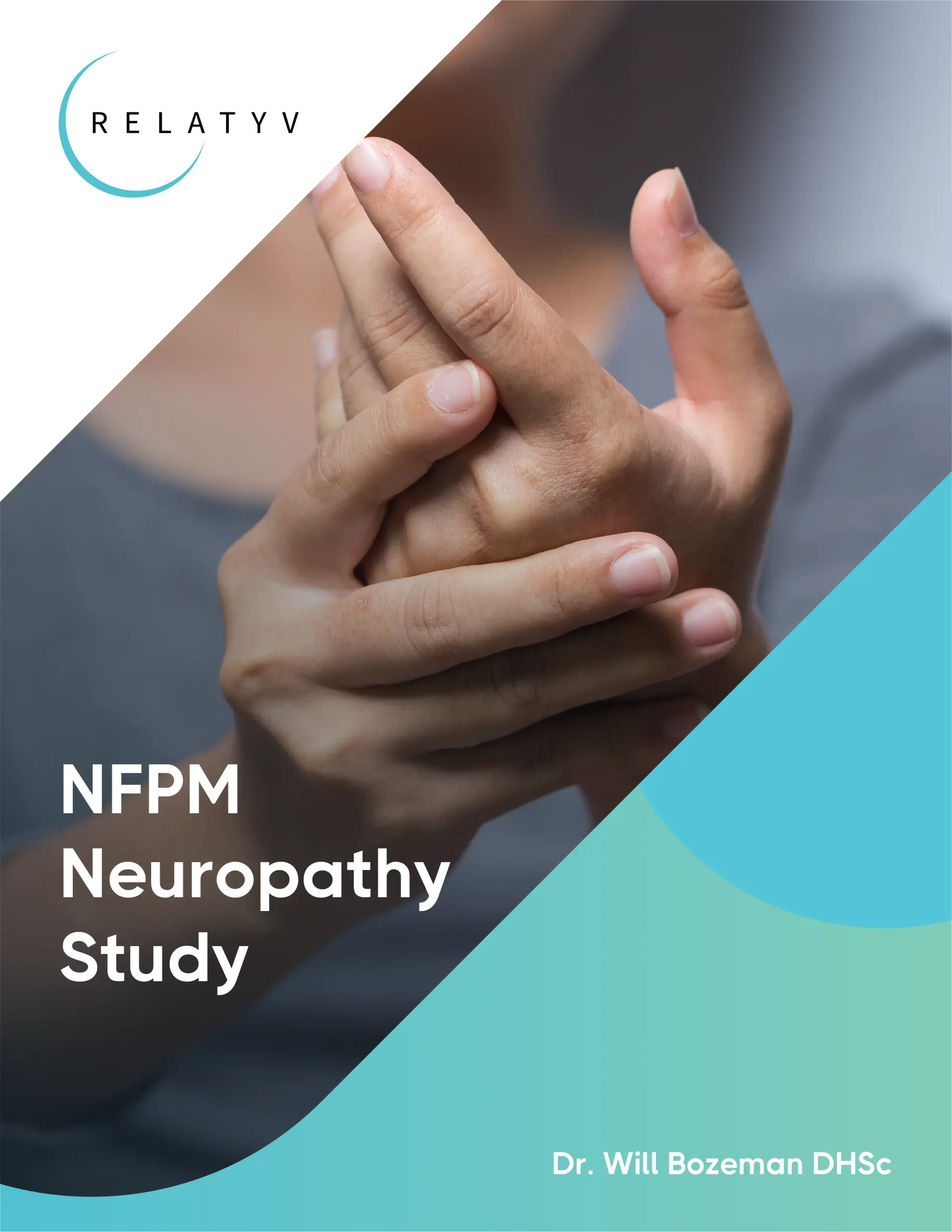Over 20.9 percent of U.S. adults reported some form of chronic pain in 2021 alone. In addition, many people suffer from poor-quality sleep due to chronic pain or inflammation, making getting through the day without feeling exhausted and irritable a challenge. Not to mention poor sleep can also contribute to an increase in certain physical symptoms such as joint and muscle pain.
Neuragenex Neurofunctional Pain Management involves a comprehensive approach to treating chronic pain, and includes the use of sleep therapies that can reduce symptoms and improve overall quality of life. We combine various non-invasive, non-surgical, and drug-free therapies to provide effective long-term relief for chronic pain. As part of our whole-person approach to pain treatment, we provide lifestyle counseling, which includes sleep therapy.


















